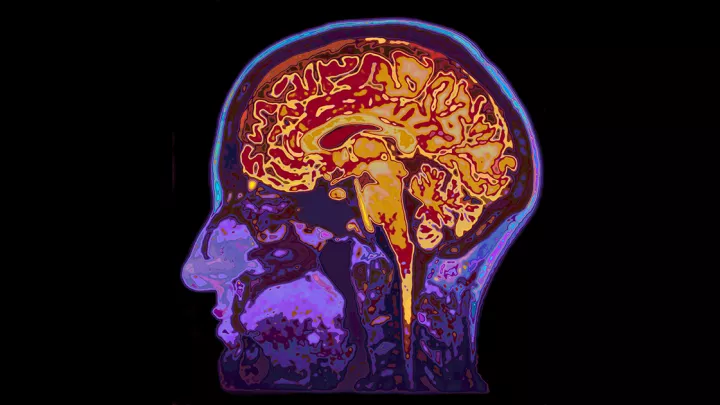You asked, we answered: Can aphasia ever get better?

Question:
I have aphasia. Sometimes it's better than at other times. I have always succeeded in remembering and saying the correct word, even if it is three hours later. Also, occasionally I get the sentence wrong and sometimes, embarrassingly. Will I ever improve?
Answered by Speech-Language Pathologist Carol Gaebler, MS, CCC-SLP
Aphasia is a neurogenic disorder caused by injury to the brain, usually from a stroke or trauma to the speech and language centers. In the U.S., it is estimated that more than 2 million people, both children and adults, are affected by aphasia. The disorder impacts the use of language and can cause challenges in how a person understands what they hear and read and how they select and use words.
When we are trying to say a word, we think about the features of that word and instantaneously search our lexicon, or word bank, for that word. After a stroke or brain injury, delays in word finding are common and can be frustrating. Sometimes, we select a word from that bank that is not our intended target (e.g., calling for one of our children but saying another child’s name).
Word retrieval errors, referred to as paraphasias, can occur, often in the form of a word that sounds like the intended target (e.g. “bran” for brain or “carpet” for carpal). These are called phonemic paraphasias, as the sounds, or phonemes, in the words are similar. Another type of paraphasia can occur when words with similar meanings are accidentally used. For example, referring to your wife as your sister. Wife and sister are words associated with female relatives.
These substitutions by the brain reflect a verbal output error that occurred when searching for the target word. Most of the time, we monitor these errors as they are produced and try to correct them. For some people with aphasia, the ability to recognize and correct these errors as they occur is lost or significantly delayed.
A speech-language pathologist is trained to evaluate and treat aphasia and other speech and language difficulties. Once they have identified the type, severity and characteristics of the aphasia, they can provide strategies to lessen the impact of word substitutions. These strategies, which may help increase the likelihood of selecting the correct lexicon from the word bank, include:
- Using gestures
- Drawing
- Verbally describing word targets
The most dramatic improvements in aphasia usually occur within the first year after onset of the disorder, however, subtle improvements can be achieved in those with chronic or longstanding deficits with the assistance of speech therapy and the practice of compensatory strategies.
The Munroe-Meyer Institute, or MMI, houses the UNMC Speech-Language Pathology Department. The speech-language pathologists from MMI serve inpatients and outpatients within the Nebraska Medicine enterprise. A referral can be obtained from a physician for a speech-language evaluation and treatment.
If you are interested in learning more, the following websites contain information about aphasia and speech-language pathology:
These anonymous questions mean we can’t give one-on-one medical advice in this format. For medical advice specific to your unique condition, schedule an appointment at 800.922.0000.







